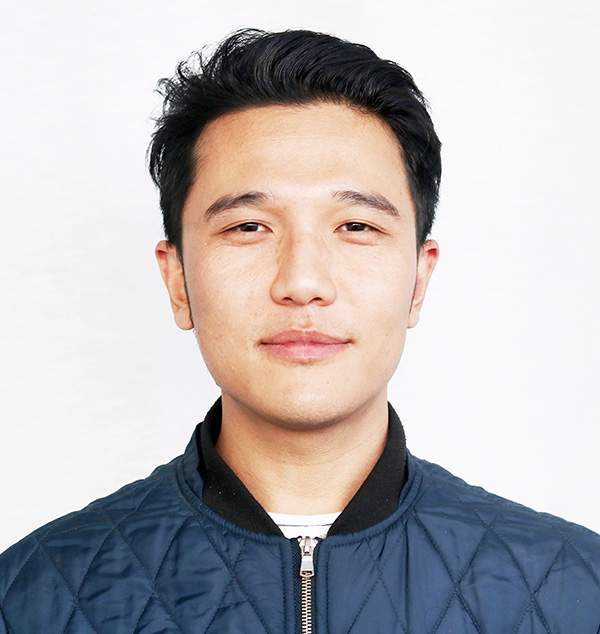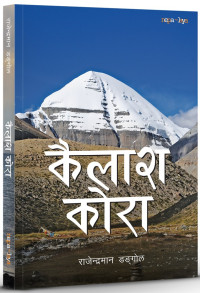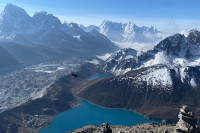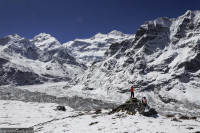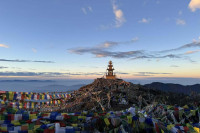Travel
The right place for rainy respite
Bardev offers travellers a slice of rural life, a fast-vanishing lifestyle.
Tsering Ngodup Lama
Sitting on the front porch of a rural hotel in Bardev Village and watching the torrential downpour, I began to wonder if not postponing the trip was a mistake. Right before I left Kathmandu for Bardev, a quick check of the weather forecasted a few days of rain.
"It has been raining intermittently since yesterday," said Subash, the owner of the hotel. I scanned the overcast sky and, convinced the rain wasn't going to stop, headed to my room to take a nap. When I woke up, almost an hour later, the torrential downpour had petered to a light drizzle—I decided to settle for a quick jaunt around the village.
Bardev is a small village in Konjyosom Rural Municipality, in the southeastern realms of Lalitpur district. The municipality, which has a majority Tamang population, was recently named Konjyosom, which translates to three precious jewels/three main gods in Tibetan Buddhism—Buddha, Guru Rinpoche and Chenrezig.
As soon as the rain stopped and the clouds shrouding the nearby hills lifted, I realised Bardev was not at all a bad place to visit during monsoon. The sloping hills, on which the village's houses were set, emanated lush green. The lower ridges of the hills had dense chilauney trees, and the higher sections were blanketed with pine. What was also very particular about the village were the colourful traditional houses, which outnumbered the modern concrete houses. After the earthquakes of 2015, sights of traditional houses in villages in and around Kathmandu have become rare.
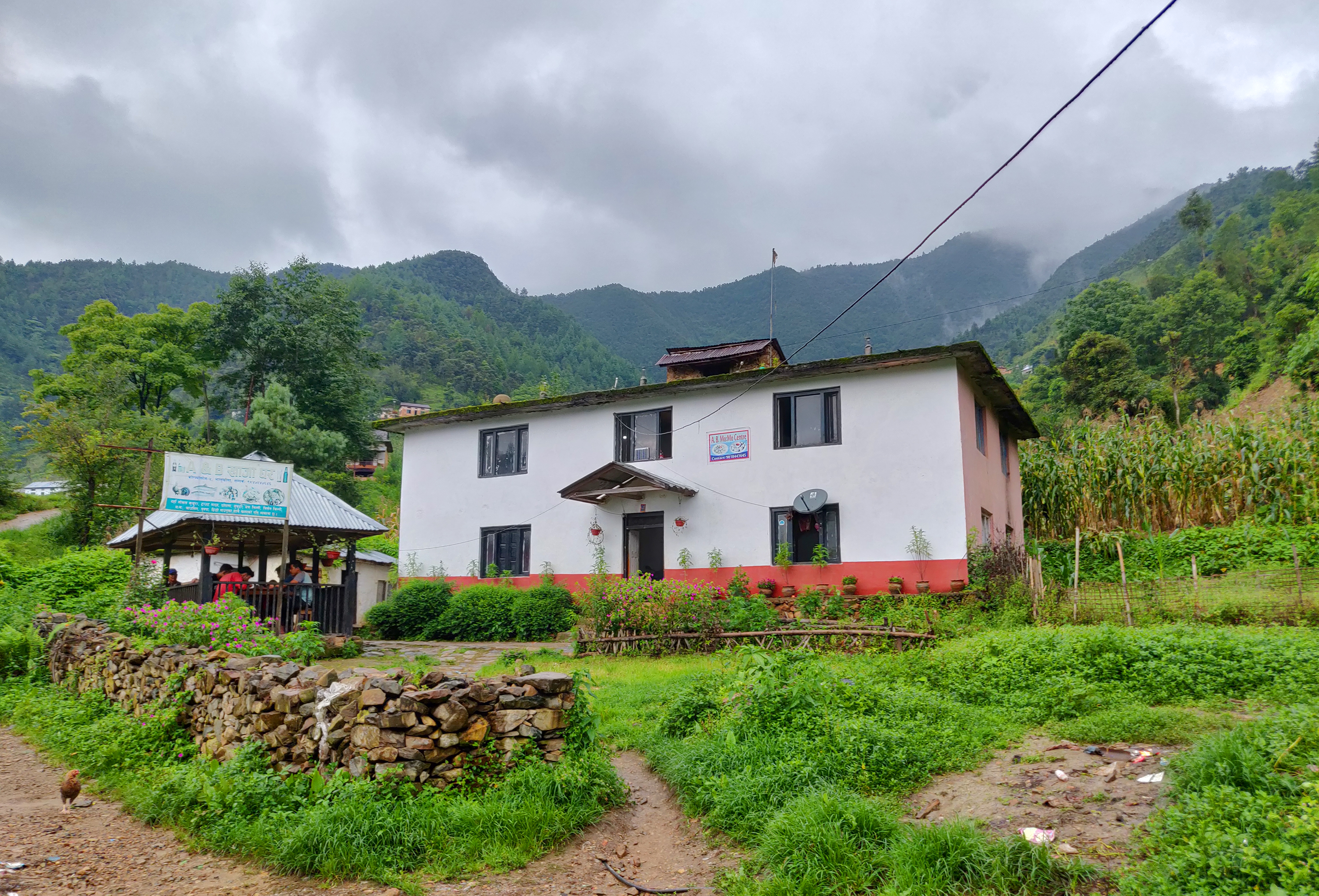
Even though Kathmandu was only a little over 30 kms away, the village felt several decades behind the city in so many ways. Apart from the sound of a lone public bus—which connects Kathmandu to the village—and occasional motorbikes, only crickets chirping, goats bleating and the noisy monsoon-fed river flowing through the village filled the air.
When I reached the village's junction, the rain resumed. I walked into what looked like a small grocery shop or khaja ghar, the kind common in these satellite villages. Inside, a few men sat on one of the two tables. Spread on the table were glass and steel cups of tea, raksi and chhyang. At the far corner, the shopkeeper chopped pieces of chicken for a waiting customer. "It's one of the shops where villagers come to buy everything from soap and Wai Wai, to meat to cigarettes," said Chandra Bahadur Yonjan Tamang, a villager. "At the end of a day of toiling in the fields, villagers come here to drink tea, raksi and chhyang and just talk. Do you want to try the chhyang? I don't drink, but I hear that it's good?" I declined his offer.
When I told him I had come to the village and it would be the subject of a travel article, Tamang told me tourism wasn't new to the village. According to him, the village had a hotel almost three decades ago. "It was called Gabila Hotel, and one of the owners was a Swiss woman. We used to see quite a few Swiss tourists here in the village," said Tamang. "But when the Maoist insurgency started, the hotel closed, and with it, the village's tourism died."
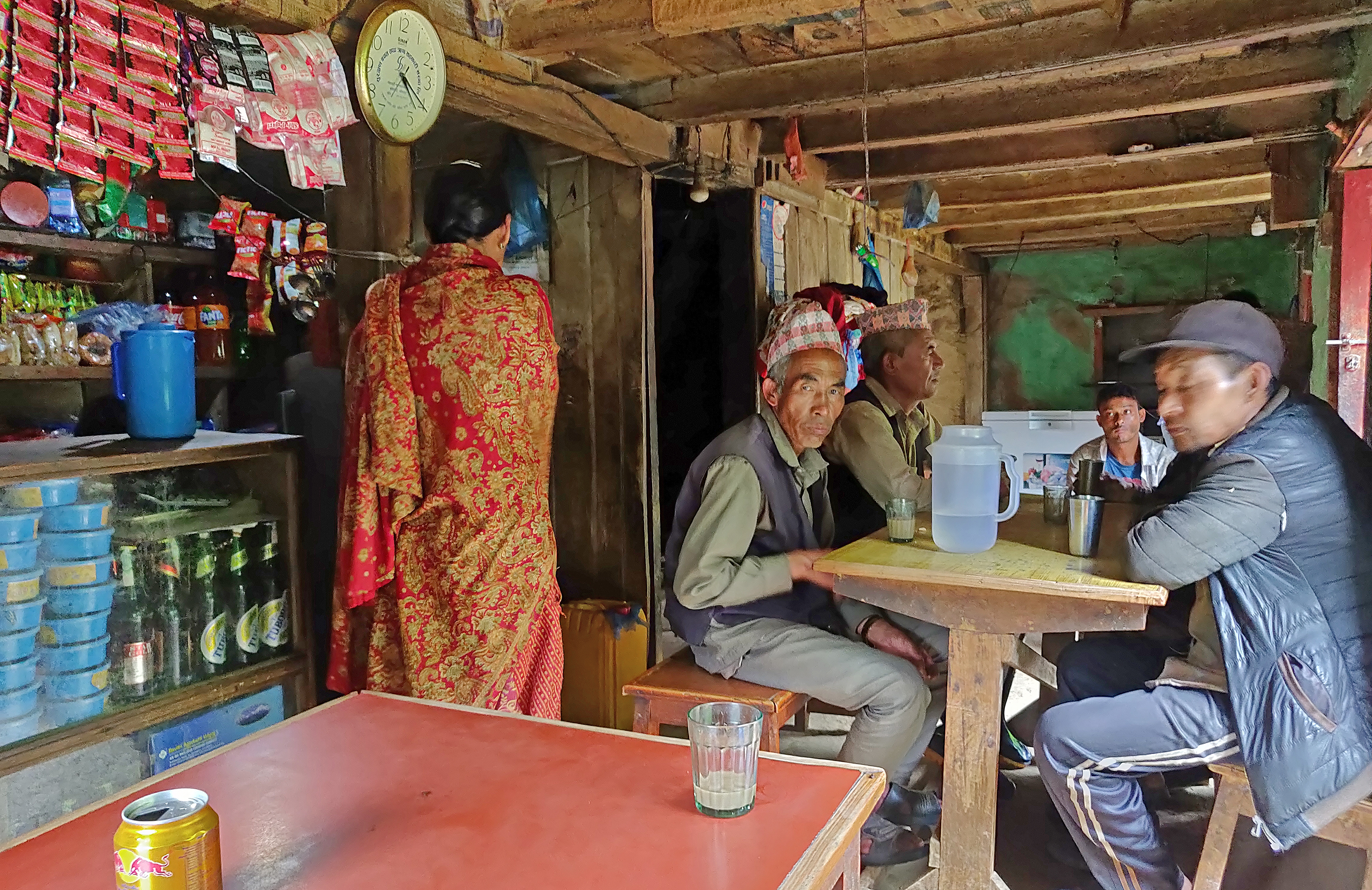
But a few years ago, a hotel opened in the village and weekenders from Kathmandu looking to escape urban chaos started visiting for short weekend trips. There are now five houses in the village converted into hotels, offering spartan rooms.
It was only after finishing several cups of tea that the rain finally stopped. Tamang took me to his farm where he seasonally grows cabbage, maize, cauliflower, coriander, garlic, onion and radish.
From the farm, I started walking back to the hotel, and midway, it started raining again. I took shelter in a nearby restaurant. Unlike the first place, the crowd in this restaurant was younger. I ordered a Wai Wai soup and lemon tea. The orders were brought in swiftly, and soon, a man in his early 40s strutted in and sat at a nearby table. We were the only two in the dining area. He prompted conversation by saying he was the second-best farmer in the village—a peculiar claim. Before I could tell him I had no interest in knowing who sits where in the agrarian leaderboard, he had already started talking about his agricultural adventures in Birgunj—how he once walked across India border, how there he trained a local landlord on various farming techniques. From Birgunj, his story's setting changed. He started talking about how he worked for a farmer in Manang and then in Darchula, at the late former Prime Minister Girija Prasad Koirala's farm. With each crop and circling of his stories, he became harder to trust. When the rain stopped, it was getting dark, I bade him farewell. "I am the fourth-best farmer in the village," he declared as his parting line. From second-best farmer to the fourth-best, the man's standing had dropped two ranks in less than 30 minutes.
Early the next morning, on the suggestion of Subash's grandfather, I headed to Baleshwor Mahadev. As I walked out of the hotel, a dog with huge lumps of eye boogers started following me. I was happy to have company. Together, we climbed concrete steps that climbed up from the north of the village. Soon the trail meandered into the jungle, and the concrete steps faded into a slippery, single-track trail wide enough for one. The further we went, the denser the forest got. After more than thirty minutes inside the jungle, the temple was still nowhere in sight. A bit spooked and tired, I looked at the dog, who seemed as clueless as I was, and abandoned the idea of making it to the temple. The dog seemed relieved with the change in plans, dashing ahead of me.
Back at the hotel, after a quick breakfast, it was time to leave. Unlike the previous day, the sun’s rays lit up the landscape, and the sky was a deep blue hue. But in the distance, ominous dark clouds had already gathered. Subash looked up at the sky and said, "It looks like we will see heavy rainfall today." I told myself I wouldn't mind getting stuck for another day.
Where to stay: 17 Jhyal Homestay offers clean rooms, and the building is more than 100-years-old. Contact: 9861611346




 9.7°C Kathmandu
9.7°C Kathmandu